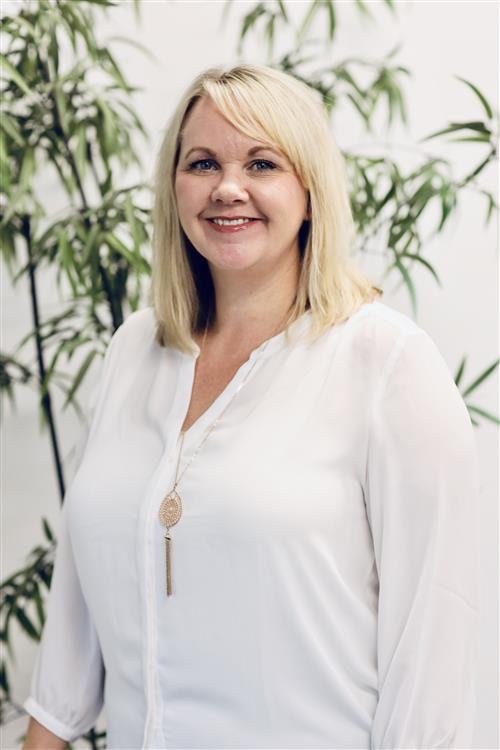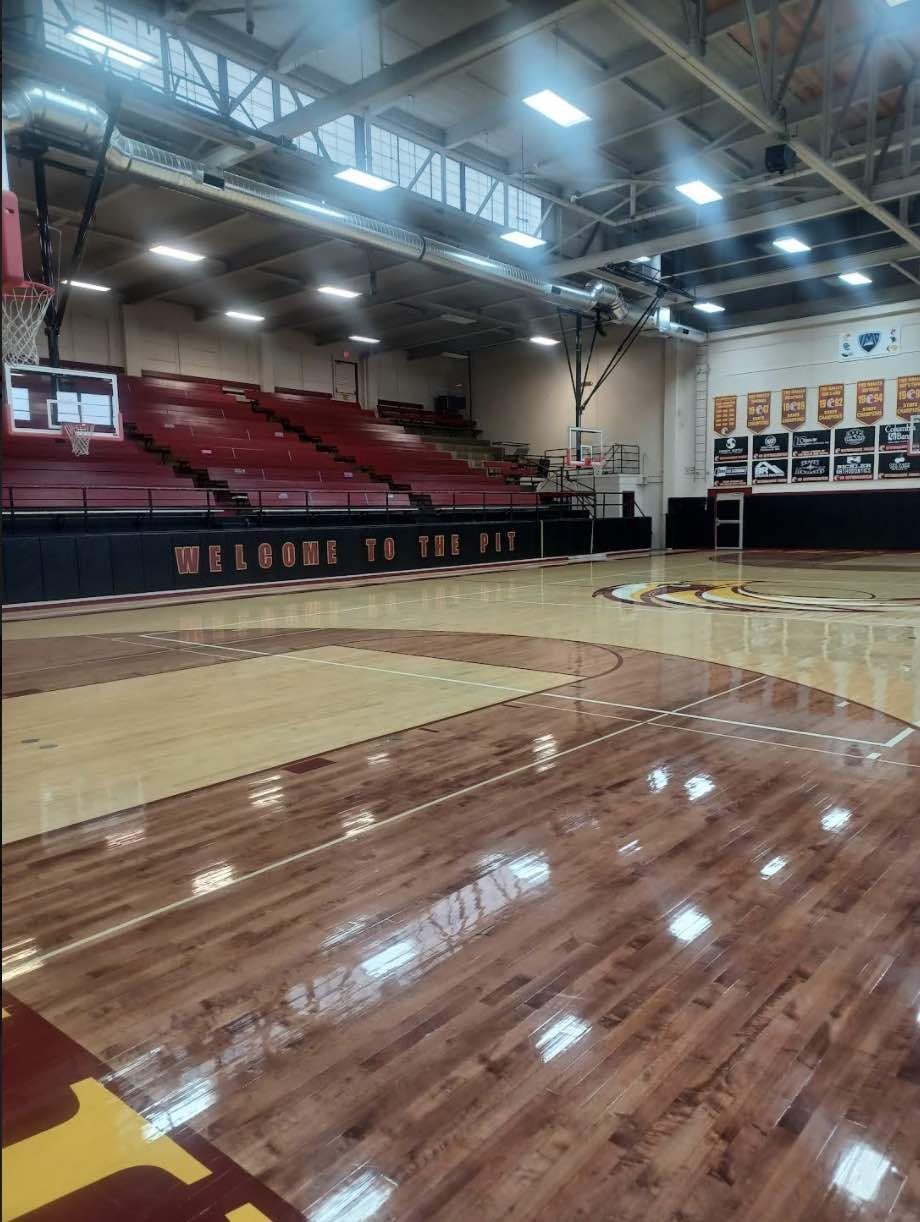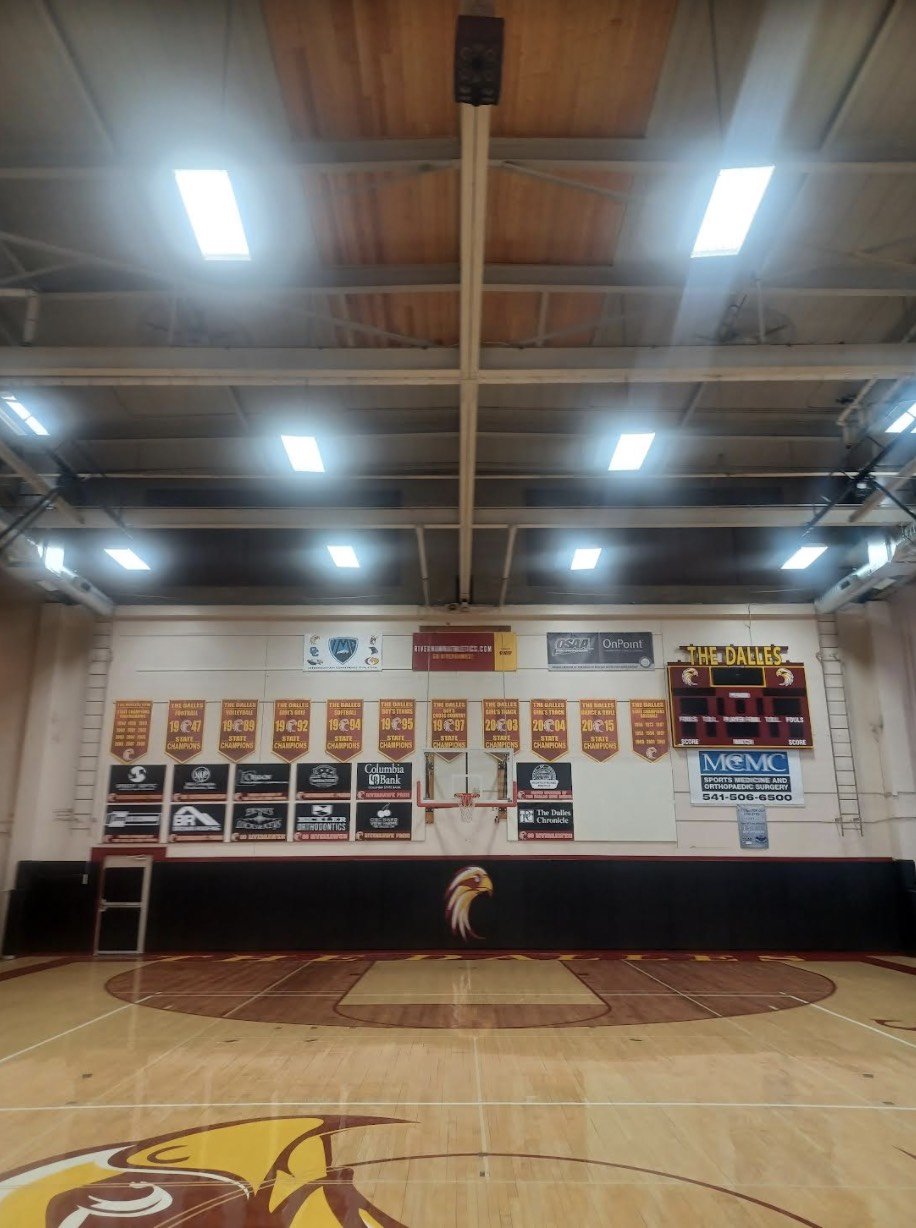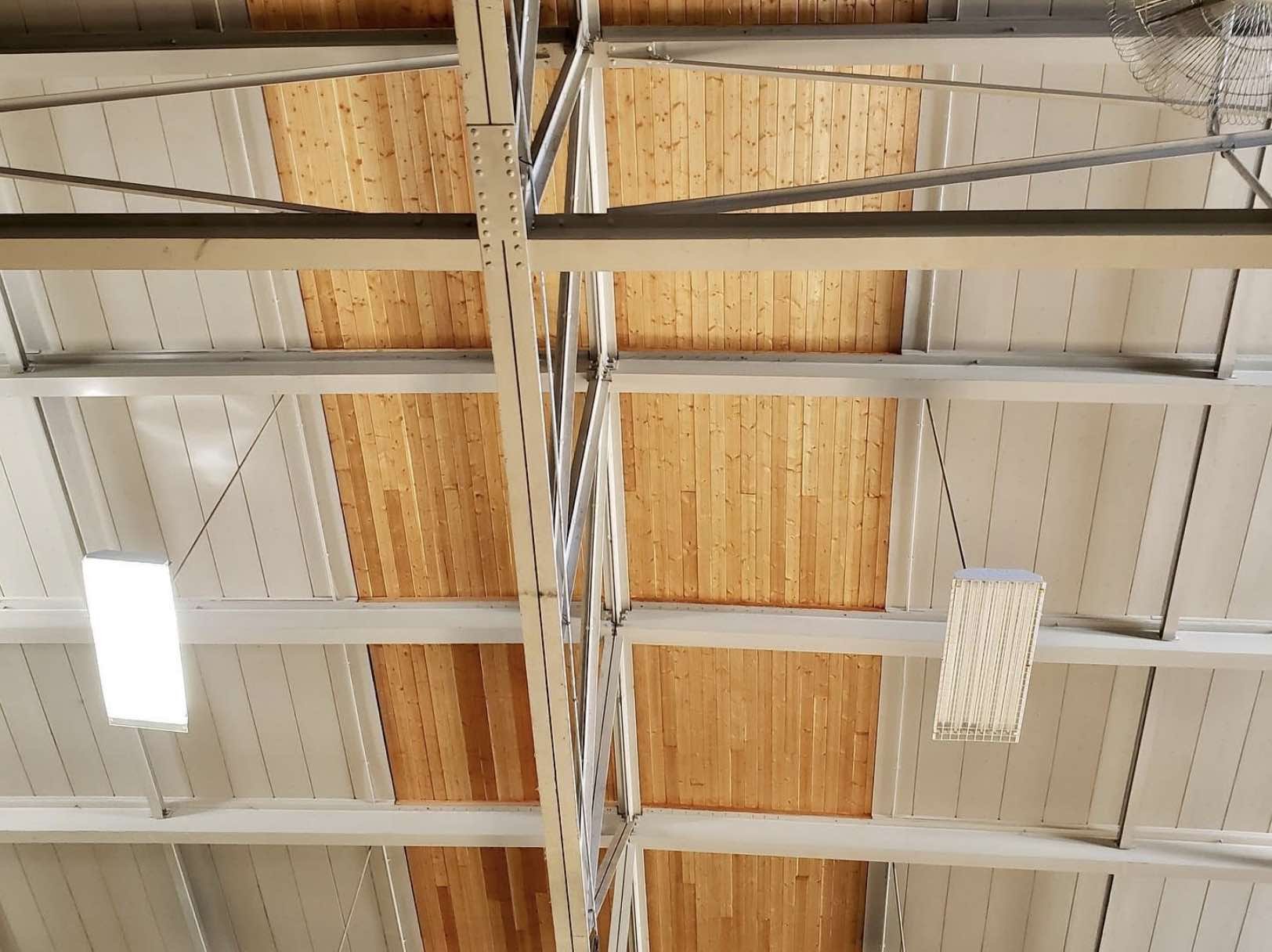D21 Updates on Strategic Planning, School Improvement Projects, and the Dual Language Immersion Program
Superintendent Dr. Carolyn Bernal inspecting a D21 school bus.
Editor’s Note- CCCNews took some time out to catch up with North Wasco County School District Superintendent Carolyn Bernal as she has made it through her first 6 months of working as the lead executive in charge of some 2,800 students and 400 staff at five different schools in the district. We will roll out the interview in four parts during the next several days.
by Cole Goodwin
Welcome to Part 3 of the North Wasco County School District 21 Update with Superintendent Dr. Carolyn Bernal.
In this installment, we sit down with Bernal to talk about strategic planning, NWASCO D21 goals, renaming Colonel Wright Elementary School, the Dual Language Immersion Program, and more.
Cole Goodwin (CG): What are some of the goals that you've set for the school district this year?
Carolyn Bernal (CB): The number one goal when I came in this year was obviously to reopen schools. Got that done. Check. We're reopened and we're doing well. We're still fully reopened.
Goal 2 was equity, Bernal said.
CB: So, Senate Bill 732 is the bill that impacts equity work in our district, and there's some requirements that districts need to be in compliance with. There are certain time frames in which districts have time to comply and none of those time frames have even come into play yet but we've already finalized a new equity policy to comply with that, so we’re ahead of the curve on this bill. But that's okay, because I always want to have a lens on equity, diversity, and inclusion in our schools.
I always have a lens on equity.
Someone asked me recently what equity means to me. Equity for me is about removing barriers, and it's about meeting kids where they're at. You meet the kids where they're at and you give them everything they need to succeed, and you recognize that all kids are not the same. Not all learners are the same, and so their needs are all going to be different. And not every kid needs the same thing, so you can't just give them all the same thing in order for them to succeed. That’s not equity.
So, I’m looking at how the kids are learning and looking at where our disparities are and where we need to put our attention and focus to ensure that we are providing equity across the district…and it's a lofty goal. There's a lot of work to do. But it's a goal that the board is very committed to and that I'm very committed to, and I think we have excellent staff across the district that are also very committed to it. So we're very fortunate in that way.
And we recently reinstated our district equity committee.
That’s an advisory task force that's responsible for helping bring about cultural and ethical changes to promote diversity, equity and inclusion across our district. The equity committee will serve as a collective voice that will advise the school board and assist in identifying possible policies that we need to modify or possibly eliminate so that we are in compliance with Senate Bill 732 as we move through the process of their timelines as well.
We are looking to recruit a diverse group of parents, teachers, high school students, and community members to help on this committee. We're looking for people who are passionate about ensuring all students reach their potential and want to honor student's unique backgrounds, interests, and identities.
Goal 3 was team building and strategic planning said Bernal.
CB: Then my next goal is continuing to build a strong board and superintendent team and build a good foundation for long-term strategic planning.
I meet regularly with my board chair and vice-chair. And every other week, my board chair and vice-chair and a third board member go out with me and visit the schools. Because I think it's really important for them to be seen in the schools too. So we kind of go as a team, and we pick a couple of schools, and we'll go and visit the schools, and I think the staff has really enjoyed seeing them there. And it's good for the board members to see with their own eyes the schools through staff and its eyes, and we get to have meaningful dialogue about what we're seeing in our schools from a learning-, facilities-, and people-oriented perspective. And I think it really sets us up well for envisioning where we’re going next and for building a very strong team.
Pictured: Dr. Bernal in the classroom, visiting with a student and supervising as they build a gingerbread house.
And I send the board a pretty lengthy update each week about everything that’s happening. I like to keep them up to date and informed. It’s important that they know the work their Superintendent is doing.
So the big picture goal in that is setting the stage for strategic planning.
This district has not had an opportunity to go through the strategic planning process for a very long time. So our major role for this year is initiating the strategic planning process with our internal and external stakeholders. D21 is currently interviewing different consultants and facilitators that can help facilitate the strategic planning process. And has a goal of completing a strategic five-year plan where we envision our long-term goals collectively as a team.
We hope to start that process by the end of January.
CG: So continuing along the lines of strategic planning and school priorities. Last year the School Board outlined their priorities and goals as passing a school bond, centering equity for students, and renaming Colonel Wright Elementary. What is being done to achieve those goals and center those priorities or how have those goals shifted?
CB: So those priorities have shifted slightly.
So, to offer some backstory, we had our board retreat on October 30th which was fun. Our whole leadership team came together and we did a... analysis to analyze our strengths, weaknesses, opportunities, and threats. I facilitated the exercise, and it was really great to go through with that team and we did some unpacking of the 2021 school year, and it was just a great, really great exercise to take everyone through. And it helped kind of drive the board towards refocusing goals and priorities for the coming years.
So three main goals that came out of that, and the first goal was to pass a school bond.
They're looking to go out for a school bond in the 2023 school year.
We all know our facilities are aging and in desperate need of some love and tender care. And we need some help with funding in that area. So the 2023 school year is kind of their targeted date for making that happen.
So we've initiated conversations and are starting to discuss that process.
Goal number two is the equity work.
And then goal number three is the strategic planning process.
The board and leadership are fully bought into those priorities and want to see that work be done.
The renaming of Colonel Wright Elementary goal has not been dropped off by any means and leadership still feels that is important to do.
It's just not a, it's not a main goal. But the board sees that goal as being embedded into our equity work and or school bond work. So they see that goal as sliding in under one of those other bigger goals.
I think there was some misunderstanding that the board just said, no, we're not doing that anymore, but that’s not the case. They're still committed to that, but they really see that kind of getting embedded into either our equity goal or school bond goal.
CG: Can you talk to us a little bit more the renaming of Colonel Wright?
CB: The renaming schools tend to be controversial.
I shared with the school board that I feel sometimes it’s more controversial with the adults than with the kids even. And it’s the adults that get kind of upset, and there's all these varying perspectives on renaming and, you know, people get really mad. And, you know, I understand it.
But I shared with the school board that I really feel that renaming a school should really be done through the lens of the students. And that, I think, it helps to kind of bypass some of that adult tension.
It would be great to have the renaming of schools be student driven. You know, just let the kids do it. Let the kids understand why we might consider renaming their school, and research it and decide for themselves whether they want to have the school renamed or not. See what they think.
Let them research it, and let them decide for themselves, whether they want to have the school renamed or not. Let them figure that out.
And I shared with the board a story about a middle school back in California, in our neighboring district, right next door to us. The school had been named after a man who had been very racist, and while he was principal at that school had literally segregated the school, disciplined and disparaged students based on race.
Well one day the kids asked the question ‘hey, why is our school name this?’ And the teacher said, ‘well, I don't know, maybe you should research that.’ And the kids did, and when the kids researched it and found out about the racism that took place, they were horrified.
And so the kids took over the whole process. And they made a petition for renaming the school and came up with several different reasons why the name should be changed and several different alternative names for the school and did a whole presentation to the school board. And the school was renamed.
And it was amazing because the whole process was student-led and those students had passion and said ‘this is not right.’
So renaming the school is still on the board’s radar, and it fits into the equity work or school bond work goals. But for now, they’ve just said that let’s think about what course of action or process we should use. And I think that process should involve the kids input in some way.
CG: I think that it would be cool to have that student-led approach to renaming. I wonder if elementary school age students might struggle with that a little though. I can imagine from my own experience as a young person that it might be hard to be so young and stand in your power before the school board and ask for change.
CB: Yeah. And maybe it doesn't need to come from there.
Maybe our middle school or high school students that went to Colonel Wright could lead that. I don't know. But we'll have to think through that process and come up with some way for the kids who should be involved to participate in that and whether it’s a process that includes adults or not.
But I definitely think the students should have some voice in it and maybe come up with other names.
CG: Sounds like there is lot’s of planning and foundation building that is happening right now, but you’ve also got lots of projects in the works. What are some of the projects you are excited about right now?
CB: So Chenoweth Elementary courtyard is getting some improvements that include: a new concrete seating area with picnic tables, an awning for shade and cover, and a windbreaker so that we can improve outdoor seating options for students. So we're really excited about that.
And we have The Dalles High School pavilion project.
So we're updating and improving that outdoor eating space and we did approve the purchase of a food truck for the high school which is very exciting. And those two things are going to increase options and accessibility for school lunch for kids. Right now school lunch options are really limited because of space, and a lot of kids leave campus for lunch. But the food truck could provide increased options for kids to stay on campus and to eat on campus.
We’re improving the High School’s band equipment.
I am very excited about that. I'm very focused on things like that for example, whether our students have band instruments and if they don't then why? We need to make sure our kids have instruments, and they're in good condition.
Because if they're interested in learning an instrument, then they better have a good instrument to learn how to play on.
So, some of our instruments were just outdated and damaged. And in talking to our band teacher we just said hey, give us a proposal. What do you need? You know, we do have these ESSER (Elementary and Secondary School Emergency Relief Fund) funding dollars and let's make it happen.
And so Mic Kelly put in a proposal, and we said we can do that.
And then we have Kurtz gym.
That construction has been wrapping up and almost near completion. And we got that done through a seismic retrofit grant that we applied for and got.
And in addition we have paid for the Kurtz gym building to get new heating and air conditioning. Because we had one last HVAC left, and it was on its last leg. So, now the gym has been seismically retrofitted, and it has new heating and air, so it’s going to be able to be used for years and years to come.
And then another great thing that we're super excited about is going to be the launch of our new website.
Yay, I can't wait! So a new district website is coming. The best practice for a website is to do a refresh about every three years and ours recently celebrated its 11th birthday.
So, the new website is going to be a much more accessible and user-friendly for families, students and staff; we’re really excited about that. We've already picked our new website platform, and Stephanie's (Bowen) already working on the design.
Her goal is to launch it after spring break, which is a lofty goal. But I just told her, I said, well, don't pressure yourself, like, when it's ready, it’s ready, and if it’s not until next summer or next year, that’s okay. It’s a lot of work. And it’s going to be app based so parents can just access it through their phone.
A sneak peak at D21’s new website.
CG: Another cool project that I know was a big topic when you were applying to be Superintendent was the Dual Language Immersion program. I know you come from a dual language immersion education background, but that this is D21’s first year implementing the Dual Language Immersion program. How are things going for DLI?
CB: We currently have two dual language immersion classrooms at Chenoweth elementary in Kindergarten and first grade, and the program will expand to a second grade next year, and the classes are going very well. We're giving our students a very unique classroom experience with the goal of graduating bilingual kids. My hope would be that we can grow the program all the way through high school and not just stop at fifth grade, so that we can give them the complete DLI experience and education.
When you have kids that experience that kind of DLI programming, the payoff in the end is phenomenal. I've seen students graduate 12th grade having gone through DLI in elementary, middle and high school, and it looks much different then just K-5 DLI. And when those kids graduate, they are truly bilingual, biliterate and bicultural, and it's so amazing to see.
Overall the program has been really well received by our teachers, our students, and our families, and we have a growing list of people interested in the program. Next year, we might actually have to do a lottery because we have so much interest for next year's DLI kindergarten. So that's exciting. That's really exciting.
I'm really looking forward to growing the DLI program. I came from a DLI background. I was a DLI teacher. I helped grow a program at a charter school I worked at. And then, I was principal at a school with a DLI for five years. So I come from that background.
My kid went through a DLI program. My kid went through DLI all the way through high school and is bilingual, biliterate and bicultural, and it's great. And those skills are still being put to use today in college.
Enjoying CCCNews D21 Superintendent Update?
Stay tuned for the fourth installment in which Bernal talks to CCCNews about leadership challenges, staff shortages, and the importance of addressing teacher and staff burn out.
Read the first installment to get a bird's eye view of what goes into calling a snow day at the district.
Read the second installment to learn more about her listening and leadership strategy as a newcomer to the district, dealing with opposing viewpoints on Covid mandates in schools, the circumstances leading up to the recent firing of an unvaccinated employee.
Do you have a question you would like to see included in our next Superintendent Update? Email your question to news@columbiacommunityconnection.com




